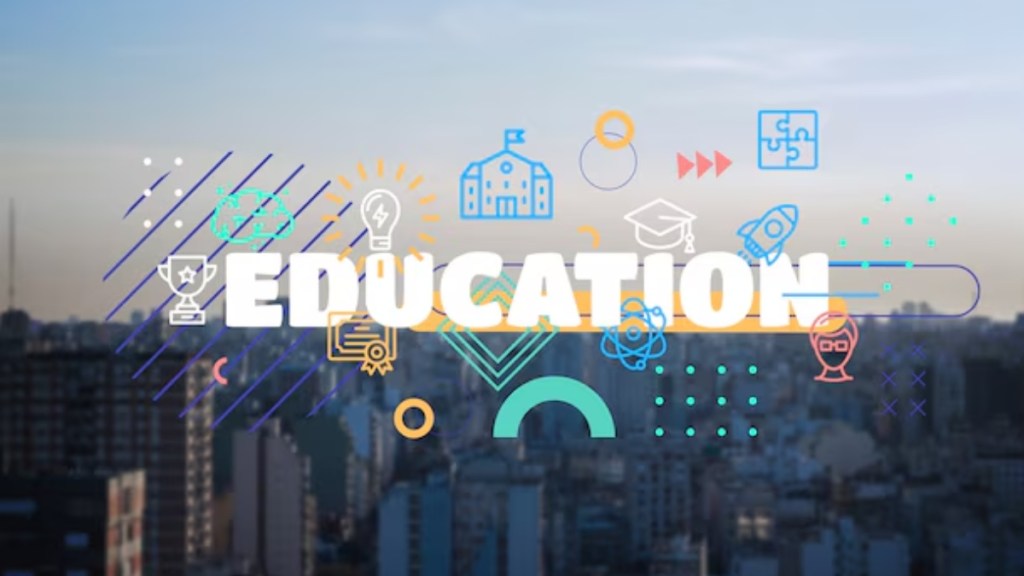By Arun Rajamani
Education is a powerful equaliser – it unlocks opportunities, empowers individuals, and can elevate a nation. The Union Budget FY26 has presented a transformative vision with a key focus on education, skill development, and innovation, demonstrating a commitment to nurturing human capital for Viksit Bharat by 2047.
The Centre has allocated Rs 50,077.95 crore for higher education, a significant 7.74% increase from last year, and with 13.8% rise in institutions, this spending is justified. The increased funding for the Indian Knowledge System to Rs 50 crore, along with the most recent One Nation One Subscription initiative, highlights the government’s commitment towards shaping a strong research ecosystem to drive economic growth.
The total education budget for FY26 is Rs 1,28,650 crore, with Rs 78,572 crore allocated to the Department of School Education and Literacy. Government secondary schools will now be connected to broadband through BharatNet, addressing the challenge of digital inequality, while the Bharatiya Bhasha Pustak Scheme will provide digital books in Indian languages, enhancing access and overcoming language barriers. The announcement of 50,000 Atal Tinkering Labs in government schools will serve as crucibles of innovation, shaping scientific temper and creative thinking, making young learners future-ready, and aligns with the growing emphasis on STEM education. The removal of TCS on remittances up to Rs 10 lakh and 10,000 fellowships under the PM Research Fellowship scheme will enable students to pursue academic aspirations without constraints.
India must capitalise on AI-enabled future-ready workforce and the new Centre of Excellence in Artificial Intelligence with an outlay of Rs 500 crore further acknowledges AI’s role in personalising learning and assessments. The creation of five National Centres of Excellence for skilling through global partnerships ensures our youth are equipped with world-class competencies. By focusing on AI, skilling and startups, the government has highlighted once again how the young workforce is the real equity that will drive India to be an economic powerhouse.
Employability continues to be a challenge, particularly with the often-acknowledged industry-academia gap. While emphasising skill development, the Budget has presented an opportunity to equip students with practical, future-ready skills. Incorporating English proficiency into this framework will further enhance communication, critical thinking, and problem-solving skills, essential for success in global job markets.
In conclusion, this Budget has laid the groundwork for an inclusive education system that drives India towards becoming a knowledge economy. However, true transformation will depend on the effective implementation of these initiatives. As classrooms begin to engage more deeply with the realities of the modern world, we must remain committed to making these reforms tangible, ensuring every learner has the tools and opportunities to shape the country’s future and be ready for the world.
The author is MD, Cambridge University Press & Assessment, South Asia
Disclaimer: Views expressed are personal and do not reflect the official position or policy of FinancialExpress.com. Reproducing this content without permission is prohibited.

